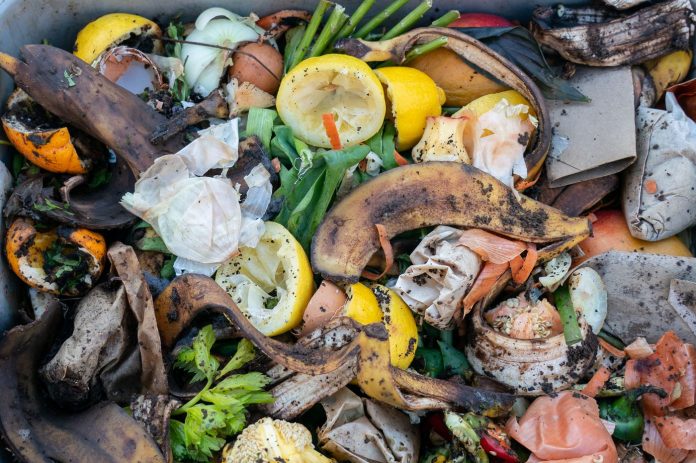Although the economics have been challenging, [composting] has become the “go-to” process to keep organic wastes out of landfill, and for capturing the economic value by turning this waste into something. Some 15 years later the industry has developed to a point where it is real and viable.
The wastes that we deal with have achieved another level of value: the energy embodied in them (in these times of petro-uncertainty). Options that a few years ago were all but dismissed are suddenly at the forefront and are starting to compete for the same feedstocks.
We now hear about anaerobic digestion and the burning of biomass much more frequently and in the context of green energy. In the composting industry we convert the energy of the composting process to heat which helps reduce pathogens and foster aggressive microbial action; however, others have found a way to capture and convert this energy into usable and conventional forms.
While scientists and sociologists scurry around trying to solve the world’s problems through carbon taxes and somehow absolving our actions through carbon off-sets (rather than real change), the competing waste processes are gaining traction and beginning to seriously compete for feedstocks previously composted. These competing processes have merit and if managed properly will have the opportunity to broaden the scope of our energy supply.
The composting industry needs to embrace and understand that these other processes ultimately manage organic wastes and keep them out of landfill.
To maintain its market share of organic waste management in future, the composting industry needs to run a tight ship. Key considerations include:
Odour Management: Unmanaged odour kills composting facilities. The industry has not moved itself forward aggressively enough in this regard. Off-site odour impacts stem from poor management, which can be a function of: receiving too much waste; not pre-processing or processing wastes in a timely fashion; not understanding or appreciating the impact of climatic conditions; and, undersized or poorly constructed odour abatement systems…Solving this problem will play a large part in determining the fate of the composting industry.
Facility Management: Composting infrastructure needs to be operated like other similar infrastructure including wastewater treatment plants and landfills. It needs to be understood by all that off-site impacts are not acceptable.
Compost Quality: Compost is a product that needs to be sold. Mountains of compost remaining unsold due to contamination and poor quality obviate the reason we got into this business. Not striving for and producing the highest possible quality product impairs composting’s business model.
Even in these changing times the composting industry has the potential to maintain and grow its spot in the marketplace. However, not moving forward aggressively to tackle key issues, particularly odour management, may result in some future erosion of this industry. The best way to prevent that is by running such a good process and producing such a good product that no one will want to do anything else.
Analysis:
In follow-up to the National Geographic piece about the rise of decomposable packaging, this article provides a look at the infrastructural side of the composting issue. It provides the key benefits and barriers which exist to the rise of composting infrastructure, and additionally, points out some market avenues — such as energy production — which I had not thought to consider before.




